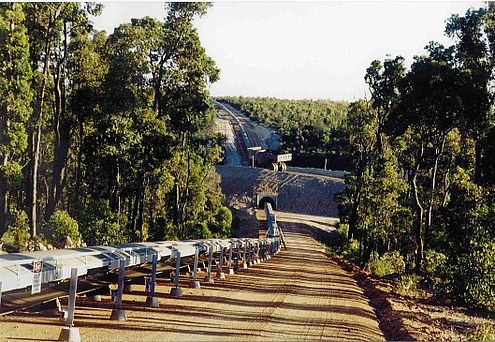Theme 2: Intelligent Control for Transport Technology
Theme focus
Concerning both the transport of diverse materials, production of all kinds of products, the conveyance of human beings, transport and production systems always involve the operations of multiple machines and grow in terms of size, capacity, complexity and environmental impacts. Such multi-machine systems are as reliable as the combined reliability of their subsystems and components. The malfunction of one of the subsystems or the components may lead to expensive downtime of the entire system. The issues of sustainable transport, such as energy consumption, pollution, economic viability and safety, may arise out of the unreliability and inefficiency of the system. Due to the large-scale of multi-machine systems and the complexity of relevant logistics processes, besides monitoring and controlling transport facilities at a component or a machine level, the control and intelligence applied in nowadays transport tend to be at a higher level taking the overall operations of the systems into account.
The theme Operations & Maintenance focuses on the integrated intelligent control to optimize the performance and improve the reliability of transport systems. The research aims at providing the solutions to ensure efficient and sustainable operations and establishing the guidelines for optimal maintenance strategies by monitoring the technical condition and operational situation of transport and production systems.
Research questions
The key research questions of this theme are:
- How to design the condition monitoring and maintenance strategies?
- How to ensure the efficient and sustainable operation (with / without humans)?
Research tools & techniques
Fundamental approaches and core techniques that are being developed and applied within this research theme come from the fields of data acquisition and (remote) communication, including sensor technologies and fault diagnoses, and the applications of Artificial Intelligence in data analyses, operational decision-making and the integrated control from components, machines through an overall system level to achieve reliable and efficient transport activities and logistics processes. With this, the theme creates insights for support in making design decisions regarding for autonomy, or non-autonomy, the types and positioning of sensors, and the role of the human operator.
Concepts central to this theme are: fault detection, fault isolation, fault identification, distributed fault diagnosis, fault prognosis, predictive maintenance; system modelling, automatic control, system identification, machine learning; mechanical cracks, leakages, stuck actuators, sensor faults.
This research theme contains three main fields:
- Design of condition monitoring for equipment part of multi-machine transport & production facilities
- Intelligent control and decision support systems for such equipment
- Efficient and sustainable operations

Projects
- Zero Emission Vessels - Research Challenges
- Intelligent Control for Transport Technology
- Sustainable Design of Large Scale Belt Conveyor Systems
- Safety Precautions in Electrical Systems of Human Conveyance Equipment
- Energy Saving at Belt Conveying Systems by Variable Speed Drive Control
- Information Integration for Intelligent Control of Logistics and Transport Systems
- Overload Control for Internal Forklift Trucks
- Integrated Monitoring and Energy Saving Solutions for Underground Mines
- Intelligent Control of Long High-Speed Moving Walkways
- Integration and Operational use of Prognostics in the Control of Logistic Systems
- Intelligent Belt Conveyor Monitoring and Control
- Design Aspects of Multi Driven Belt Conveyors
